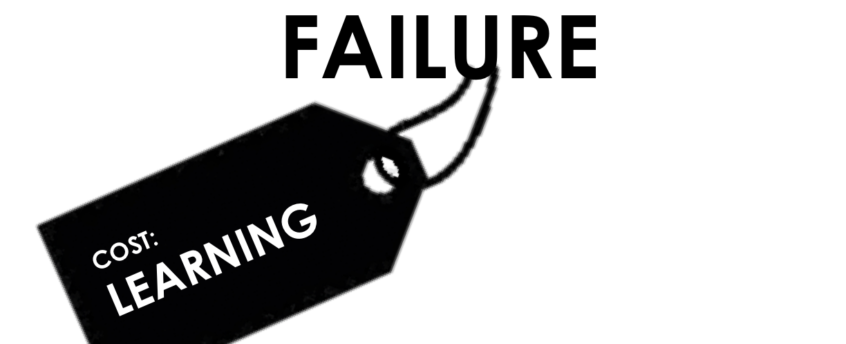The cost of failure is…learning. This is a common statement to make, and it is accurate in theory. But it is not true for everyone.
There are those who suffer from a form of procrastination called “perfect preparing.” They spend all their time researching and planning, but they don’t execute because they are too scared of failing and being wrong.
If they fail, they will be too busy beating themselves up and questioning the purpose of their existence to learn from it.
This is because they see failure as a reflection of who they are as a person, not as a reflection of something they did.
They personalize and internalize failure instead of objectifying it and learning from it.
Then there are those who execute and fail, but don’t learn from it. This happens for a very similar reason.
Because they don’t want to identify with failure, they dissociate from it:
Either they go into denial and attach to a fantasy that it succeeded (or will succeed with more persistence), or more commonly, they blame someone or something else as being responsible for the failure.
Then there are those who have what Carol Dweck calls a fixed mindset. They believe that either you’re naturally good at something or you’re not. So a failure to them is a reminder to stay in their lane and stick to what they know.

